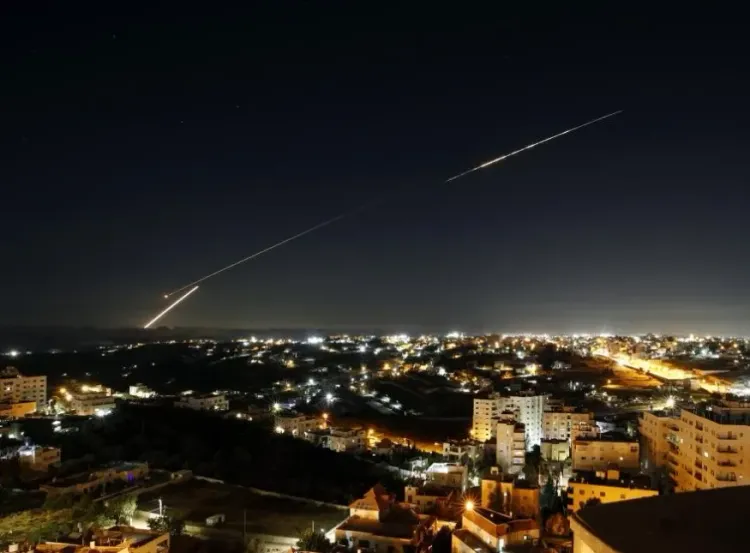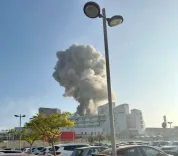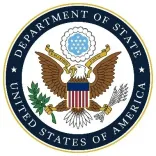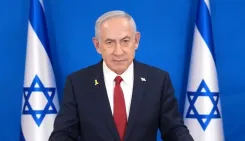Has Israel Launched New Airstrikes in Iran?

Synopsis
Key Takeaways
- Israel has launched new airstrikes targeting military sites in Iran.
- The attacks focused on critical facilities related to missile and uranium production.
- Israeli Prime Minister Benjamin Netanyahu emphasized Israel's air superiority.
- Iran's government has condemned the strikes and summoned foreign ambassadors.
- This escalation highlights ongoing tensions in the Middle East.
Tel Aviv, June 19 (NationPress) - The spokesperson for the Israel Defense Forces (IDF), Effie Defrin, announced in a video that the Israeli Air Force has conducted new airstrikes targeting western Iran.
On Wednesday evening, Israeli aircraft targeted launch and storage facilities for surface-to-surface missiles, focusing on operatives attempting to access and remove munitions from sites that had previously been attacked.
Defrin indicated that this was the third significant wave of Israeli airstrikes in Iran within a 24-hour period. The initial operation overnight involved over 50 fighter jets striking around 40 targets in the vicinity of Tehran.
Among the facilities hit was a centrifuge production site, crucial to the Iranian regime's uranium enrichment efforts. Another target was a location near Tehran associated with the production of anti-tank missiles, some of which were reportedly intended for the Lebanese militant group Hezbollah.
The second wave of attacks commenced Wednesday afternoon, with additional strikes on over 20 more targets in Tehran, as reported by the Xinhua news agency.
Defrin stated, "The targets targeted were integral to Iran's military weapons industry and its security apparatus," highlighting three key sites linked to missile production, encompassing engines, navigation systems, and missile assembly.
In a separate video address, Israeli Prime Minister Benjamin Netanyahu asserted that Israel maintains air superiority over the skies of Tehran.
Iran's state news agency IRNA reported that an Israeli strike on Wednesday impacted an area near the police headquarters in Tehran, resulting in injuries to several police officers.
In response, Iran's Foreign Ministry summoned the German ambassador to protest remarks by German Chancellor Friedrich Merz, who expressed support for Israel's actions. Additionally, Iran called in the Swiss envoy, representing U.S. interests, to express discontent over what it deemed "provocative" comments from U.S. President Donald Trump, who demanded Iran's "unconditional surrender," according to Iranian media.








